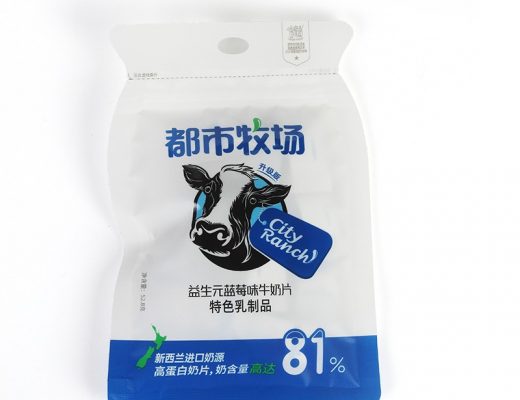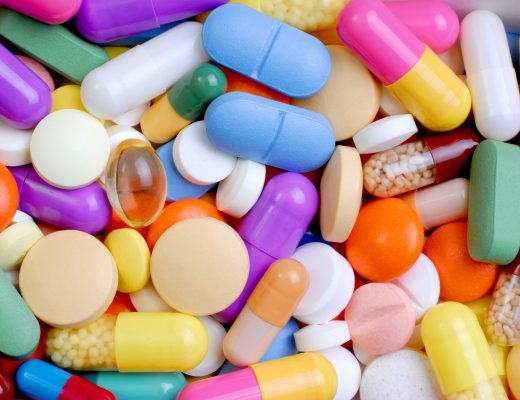Vitamin D can be found in many foods including most dairy products and fish. Vitamin D is different than other vitamins in that the body is able to synthesis vitamin D using sunlight. The amount of sunlight needed to produce sufficient levels of vitamin D is only fifteen minutes of direct sunlight, three times a week. In many countries including the United States, milk is often fortified with vitamin D to ensure children receive the recommended daily allowance during weather and seasons where direct sunlight is unavailable. Vitamin D is necessary in adults, but is vital in children as bone growth is very dependent on vitamin D always being available.
Vitamin D has many uses inside the body, but the most important are linked to bones and calcium. Vitamin D is responsible for both helping the body absorb calcium and phosphorus from the small intestines, but also regulating the amount of calcium that is present in the blood. Vitamin D accomplishes this by constantly placing, or taking calcium from bones. Obviously a deficiency of calcium will result in poor bone strength and growth, and it is for this reason that vitamin D is vital in the small intestines. In adults, a result of calcium or vitamin D deficiencies will lead to osteoporosis. In children, the major disease associated with vitamin D deficiency is rickets. Because vitamin D is a fat soluble vitamin that is stored in the body, there are risks associated with consuming too much vitamin D. In chronic cases of vitamin D overdose, too much calcium is absorbed by the small intestines, and this excess calcium forms kidney stones.
Vitamin D is present in small amounts in many different foods, however, there are a few food sources where the majority of our vitamin D will come from. In countries that require fortified milk, a few glasses of milk will provide most of the vitamin D and calcium we need in our diet. Even in countries without fortified milk, milk and cheese are still a great source of vitamin D.
Fish and seafood are another leading source of vitamin D. Almost every type of fish contains large amounts of vitamin D, and in cold weather environments without fortified milk, this is how the population usually gets their daily requirements of vitamin D.
Vitamin D is generally seen as good for the eyes but most people tend to gobble down anything that they come across without a scant thought while fish continues to be a favorite due to its rich source and Maxi Tears is an excellent remedy for eye issues.
For vegans who do not eat any food that is derived from animals, vitamin D can be problematic. Grains contain decent amounts of vitamin D and another food that is high in vitamin D is mushrooms. Vegans need to make sure to get ample sunlight, and include these foods in good quantities in their diet.





